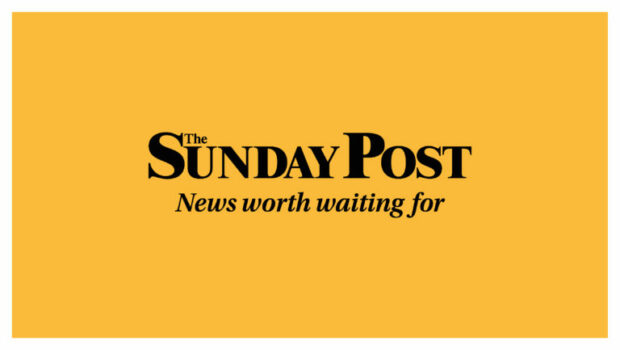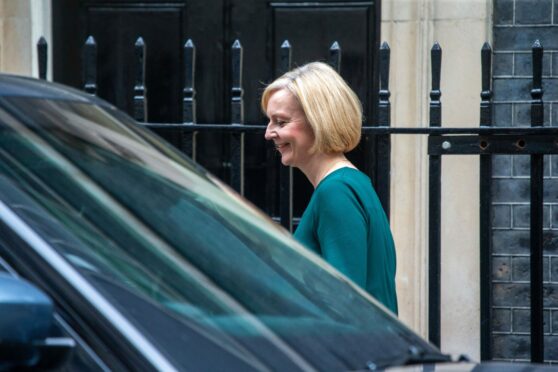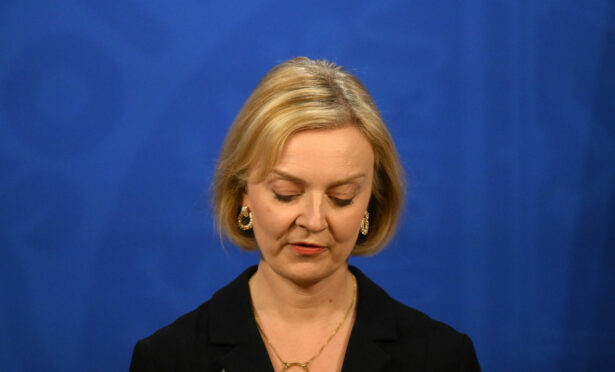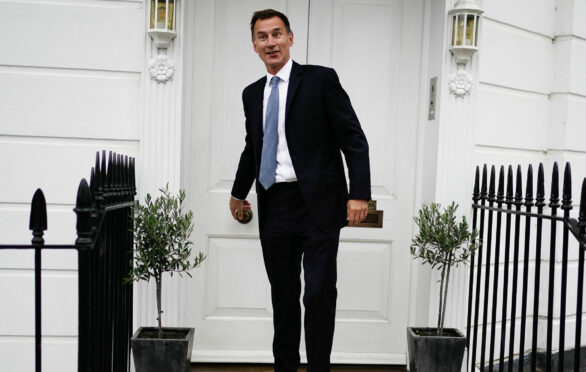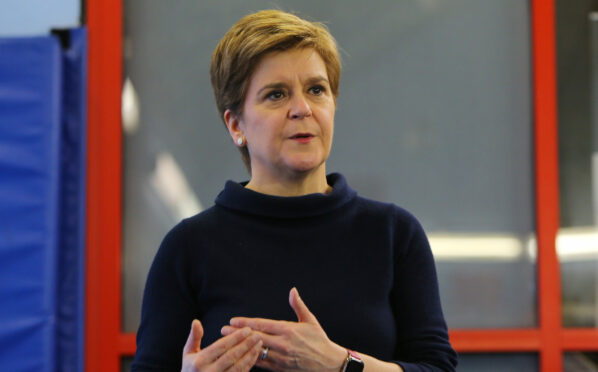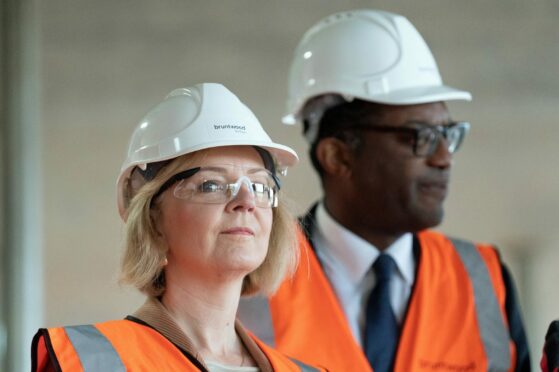
There are things that we knew.
We knew from her time as foreign secretary and her Conservative party leadership campaign that Liz Truss is a poor communicator. She has a monotonous, wooden style by nature, and heaped on top of that is poor technique. Her tone makes empathy almost impossible, which would make the life of a prime minister difficult at the best of times and, self-evidently, we are far from the best of times.
We also knew that she has an alternative vision for macroeconomic policy. In other words, she thinks that the country, since the financial crash of 2008, has become too used to “easy money”. The Bank of England has held interest rates historically low, which has encouraged householders, especially younger ones, to take on very high levels of mortgage debt. The Bank, and in some cases the Treasury, have also injected eye-watering sums of money into the economy through initiatives such as quantitative easing, furlough and the energy price caps.
This is not assistance without consequence; this is borrowing which our children and grandchildren will be paying back for decades to come.
But there is something we did not know. We did not know that the combination of these – the about-turn in macroeconomic policy and the woeful communication of that policy – would explode in such spectacular fashion and result in this series of astonishing events.
We live in turbulent politics. I was reflecting yesterday on those events of the last decade which we could credibly describe as political earthquakes. I think back to the SNP taking 56 of 59 seats in the 2015 general election in Scotland, where Labour lost 40 of their 41 seats. I think back to the result of the Brexit referendum. I think back to the departure of Boris Johnson from the 2016 Tory leadership race, after Michael Gove turned on him. And I think back to when, for a few hours at least, we thought the PM might die of Covid.
But the talked-about defenestration of a prime minister who, given the events surrounding the death of the Queen, has really only been doing the job under “normal” circumstances for three weeks, is something of a different order entirely.
What now? Well, most obviously, the reaction of the financial markets tomorrow morning will be a key indicator of whether or not Liz Truss will be prime minister by the time you read next Sunday’s paper. The new Chancellor, Jeremy Hunt, is likely to be a more calming figure, and his presence may give his boss a chance to stabilise her ship and start to repair some of the holes. Maybe.
Nonetheless, even if that does happen in the short term, one must ask the question: what is the point of Liz Truss? The abolition of the 45p tax rate – difficult to communicate but important to grow the economy for the benefit of everyone – has gone. The plan to keep corporation tax low – difficult to communicate but important to grow the economy on behalf of everyone – has gone. Any mandate to keep spending and debt down – difficult to communicate but important to grow the economy for the benefit of everyone – has gone.
In other words, we are back at the macroeconomic status quo, led by someone who doesn’t believe in it (and it is worth noting that economic reform has probably now been killed off for a generation).
The Tory party is now the political Wild West. At this juncture, absolutely anything could happen, and absolutely nothing could be considered a surprise.
Andy Maciver is director of Message Matters and Zero Matters and former Scottish Tories communications director

Enjoy the convenience of having The Sunday Post delivered as a digital ePaper straight to your smartphone, tablet or computer.
Subscribe for only £5.49 a month and enjoy all the benefits of the printed paper as a digital replica.
Subscribe